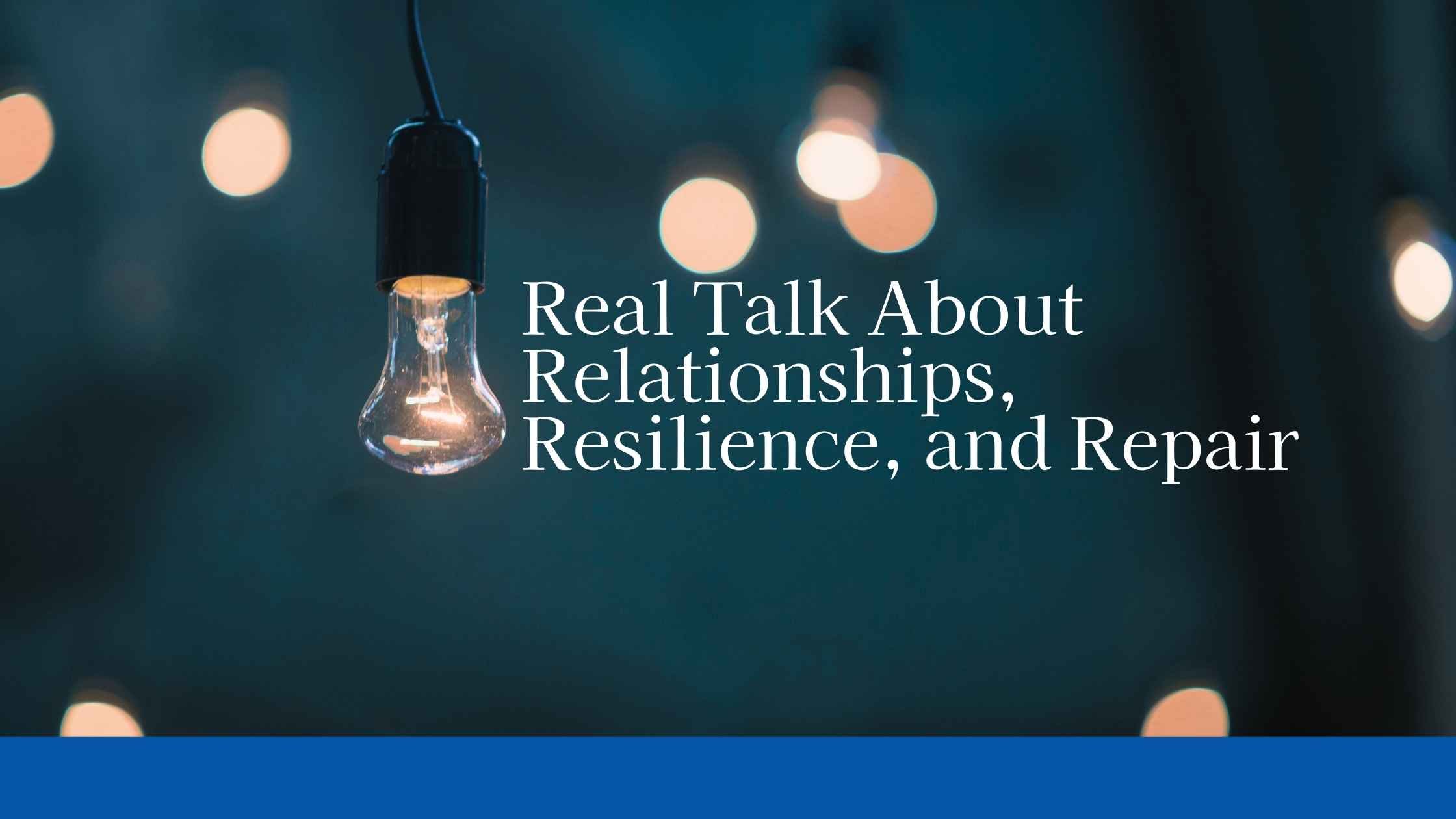
Blog

Your Brain on Betrayal: Why Neurofeedback Can Support Trauma Recovery
Betrayal trauma rewires your brain for survival. Neurofeedback helps restore emotional balance, reduce anxiety, and create space for healing—without needing to talk through it all.

When Good Intentions Backfire: Common Pitfalls That Reinforce Old Patterns in Recovery
Even with the best intentions, couples recovering from sex addiction and betrayal trauma can fall into patterns that hinder healing. This post highlights common pitfalls and offers insights to foster genuine relational growth.

What the Betrayed Partner Needs You to Understand (Even If You’re Working Hard to Change)
Even if you’re doing the work to get better, your partner may still be in pain. This post explores what betrayed partners need you to understand in the early stages of healing, especially when your progress doesn’t match their emotional reality. Understanding this mismatch is key to building long-term trust.

What the Addicted Partner Needs You to Understand (And What They Might Not Know How to Say)
Betrayed partners aren’t the only ones hurting—this post helps unpack what many addicted partners wish they could say, and why understanding their inner experience can help couples heal relationally.

Healing Together After Betrayal: Why Sex Addiction Recovery and Betrayal Trauma Require Two Perspectives
Healing from betrayal trauma and sex addiction recovery require more than individual work. This post explains why both partners' perspectives matter—and what can happen when recovery is one-sided.

What Differentiation Looks Like in Real Life: Series Recap + Journaling
This wrap-up post from our May series on differentiation includes a recap of all five articles and a set of journaling prompts to help you apply the insights to your own life and relationships.

People-Pleasing in Relationships: When Anxiety Overrides Authentic Connection
People-pleasing may look like kindness, but in relationships, it can quietly erode connection. Learn how anxiety fuels over-accommodation and discover tools to rebuild mutuality and authentic intimacy.

How Neurofeedback Helps When Talk Therapy Isn’t Enough
When insight isn’t enough to shift emotional patterns, neurofeedback offers brain-based support. Learn how it works alongside talk therapy to help you feel more regulated and present.

Differentiation as Sexual Maturity: Staying Present Without Performing
In sex therapy, we help clients develop emotional maturity and self-awareness in the bedroom. This post explores how differentiation allows for authentic, connected, and shame-free sexual expression in healthy relationships.

What Is Neurofeedback? A Brain-Based Approach to Emotional Regulation
Neurofeedback helps retrain your brain for better emotional regulation. Learn how this gentle, brain-based approach supports healing from anxiety, trauma, and chronic stress.

Wise Trust After Betrayal: Rebuilding Without Losing Yourself
Wise trust after betrayal means moving at your own pace, honoring your nervous system, and watching for change over time. Learn how therapy can support your healing while helping the relationship become safe enough to rebuild.

Gottman Meets Differentiation: Balancing We-ness and Me-ness in Marriage
In strong marriages, both partners are allowed to be fully themselves. This post explores how the Gottman Method supports differentiation and why individuality strengthens emotional intimacy in couples.

Why You Can’t Heal By Doing the Work For Them
Trying to hold it all together while your partner recovers?
You’re not alone—but real healing can’t happen when you’re carrying the weight of someone else’s work. This post explores what betrayal recovery looks like when you stop performing strength and start prioritizing your own healing. You don’t have to do this alone—and you don’t have to do it for them.

Is It Betrayal Trauma or Just Infidelity? How to Know the Difference
Wondering if what you’re feeling is normal?
This post explores the difference between infidelity and betrayal trauma—so you can name what’s happening and get the right kind of support. If you’re feeling disoriented, hyper-alert, or stuck in obsessive thoughts, this might be more than just heartbreak. You’re not overreacting. You’re trying to survive.

The Role of the Vulnerable Child Mode in Schema Healing
Your Vulnerable Child Mode carries the pain of unmet emotional needs. Discover how schema therapy helps you connect with this part and begin to heal from the inside out.

The Cost of Over-Attunement: When Betrayed Partners Forget Their Own Needs
Betrayed partners often over-attune to their spouse’s emotions and recovery work while neglecting their own healing. This post explores how differentiation helps you reconnect with your truth without fear of further loss.

How to Help an Anxious Loved One Without Fueling Their Fears
Supporting someone with anxiety can be tricky—how do you help without reinforcing avoidance or fear? In this post, we explore practical, loving ways to be there for your anxious loved one while protecting your own well-being and promoting growth.

When One Partner Has Low Desire: How to Move From Stuck to Curious
Desire differences are common—but they don’t have to divide you. This post explores what causes low desire and how couples can move from pressure and pain to compassion, understanding, and reconnection.

When Thoughts During Sex Are About Survival, Not Pleasure
Sometimes, thoughts during sex aren’t about intimacy—they’re about surviving the moment. If you’ve experienced disconnection, fear, or pressure during sexual intimacy, this blog explores why that happens and how sex therapy can help you find your way back to safety and pleasure.

What Is Micro-Consent?
Micro-consent is the practice of checking in with yourself and your partner every step of the way. In this post, we explore how it helps rebuild trust, create safety, and support healing—especially after trauma, shame, or sexual pain.
